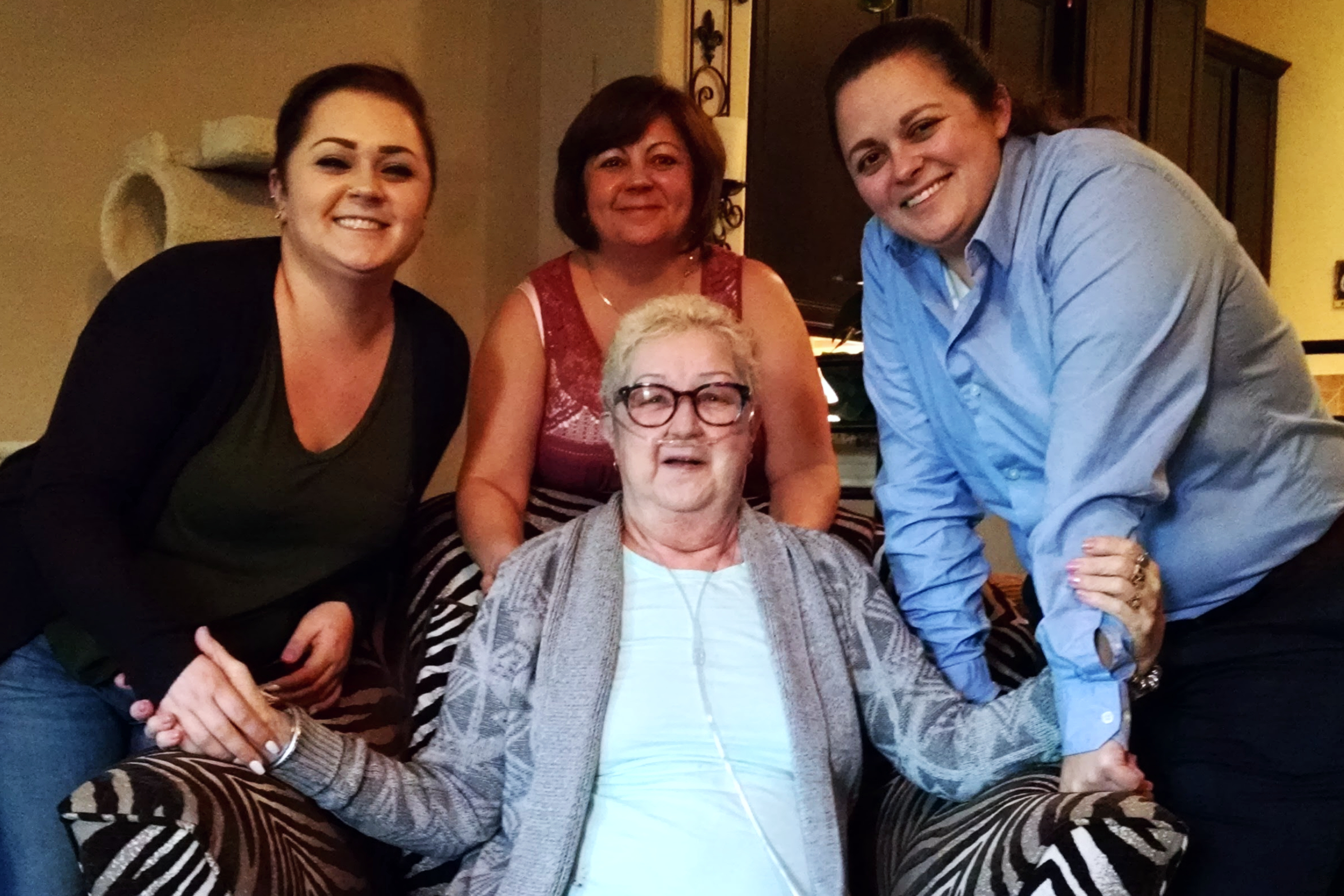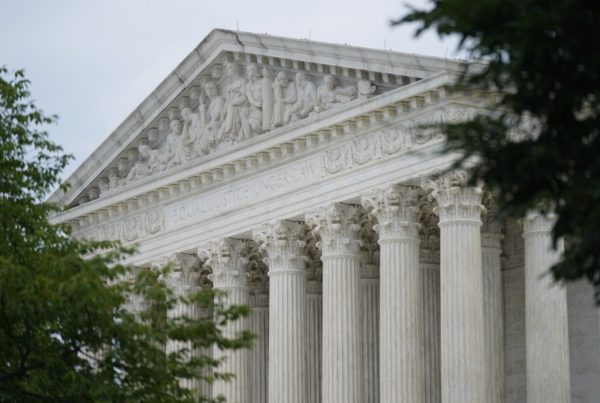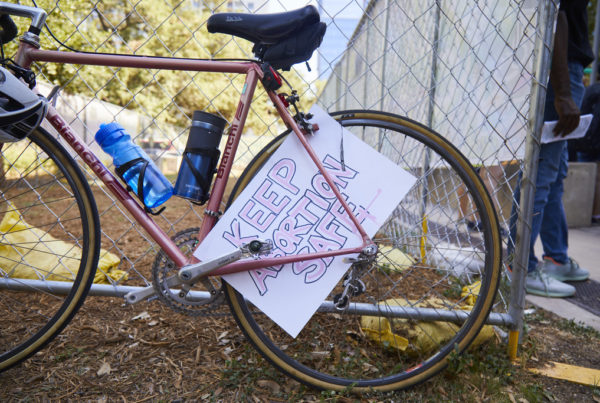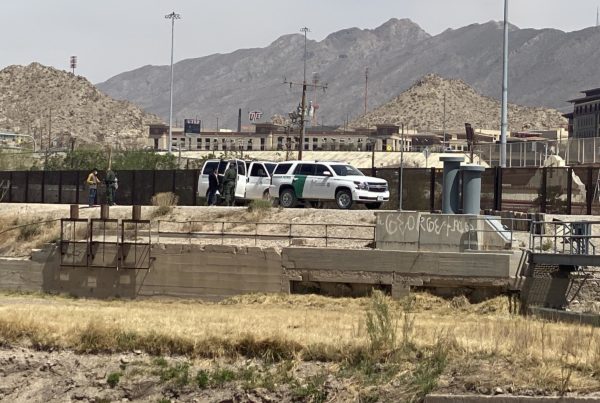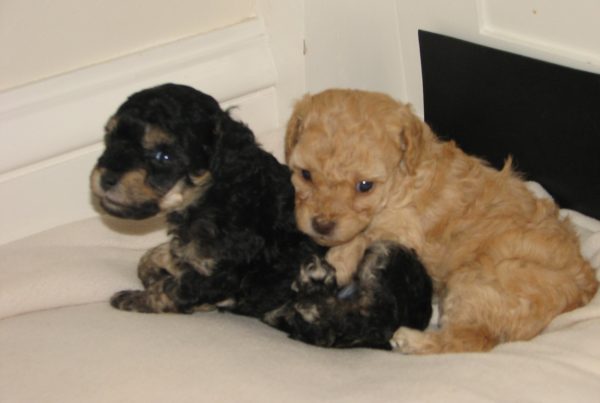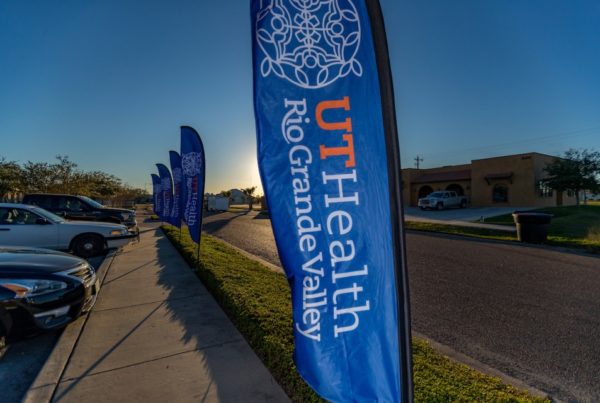Melissa Mills is a nurse in Katy, Texas. She didn’t always know her mother played such a pivotal role in American history. But now that the U.S. Supreme Court has overturned Roe v. Wade, Mills wants to make sure her mother is remembered as someone who fought for women.
Mills was the eldest daughter of Norma McCorvey – the woman dubbed “Jane Roe” in the landmark case. She was adopted by her grandparents and was the only one of McCorvey’s three daughters to have a lifelong relationship with her birth mother.
In this Texas Standard interview, Mills recounts that relationship and her mom’s difficult life journey. McCorvey died in 2017.
Mills says her mother never would have imagined Roe v. Wade would be overturned.
Listen to the interview in the audio player above or read the transcript below.
» The Texas Standard wants to hear from you: Share your reaction to the Supreme Court’s abortion decision
This transcript has been edited lightly for clarity.
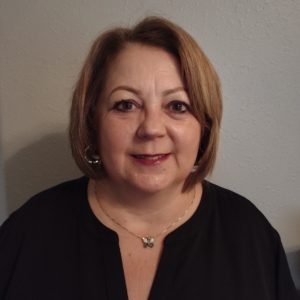 Texas Standard: How old were you when the Roe v. Wade case was going on? And did you understand what your mother was involved with?
Texas Standard: How old were you when the Roe v. Wade case was going on? And did you understand what your mother was involved with?
Melissa Mills: Not exactly, no. I was about 8. The woman that she was with at the time told me that my mom was a very important person. But all I knew her as was mom. It didn’t hit me until I was older.
Were you close to your mom at that point?
I was. But it was a different type of relationship. I thought she was more like a big sister because I didn’t see her all the time, and it was off and on. My grandparents would get me to her or she would come see me. But it was just short visits and not all the time.
How did that relationship with your birth mom evolve as you got older?
The older I got, the easier it was for her to relate to me. And she didn’t have to do anything other than be my friend, you know, hang out with me.
Did you ever talk about the court case and all of that?
When I was younger, I don’t remember a lot. As I got older, we did — the things that she had went through, and the things she felt and the way the people treated her.
Like when she was pro-choice, it was really difficult for her because people didn’t really want her to be a part of it. She would talk about the women that she would work with on different things. They kind of were rude and mean to her because she didn’t have the background they did; she didn’t have the schooling. She didn’t have all of these things that they had. They didn’t really want her to have a voice. And she was sad a lot of times. So, she pretty much did a lot of the things on her own.
It seemed like she had a change of heart. Certainly, a change of affiliation, right?
She did. Once she worked in the abortion clinics, there was a lot of things that were going on that she saw. She wanted things that were realistic, I guess, is what you can say. And I’m talking about the length of time that you can have an abortion and things like that. She saw things that just really got to her.
And then everybody putting her down and saying that she was responsible for killing 60 million babies in the United States and she was the devil. She would self-medicate and drink to overcome all of her anxiety and stress. It just really got to her.
Did she ever explain to you why she ended up joining the side of folks who oppose abortion rights?
Yeah, she felt guilty. Everybody made her feel terrible.
She was gay. She grew up as a Jehovah’s Witness, and she was told her entire life that she was the wrong type of person and her life was wrong the way she was living it her entire life. She felt guilty, and she wanted to change some of that.
I think at the time, even though she was always pro-woman, I know my mom never thought Roe would be overturned. She struggled with a lot of stress and anxiety, and she was always trying to feel like they wanted her to fit in, but she wasn’t ever the right person to fit in on either side. They wanted her to change then, too. When she became a Christian she had to give up her 30-year relationship, or 25 at the time.
With her partner, you mean?
Yeah, she had to give up everything. I think it was survival all the time. She felt guilty. She felt guilty.
Nobody will believe that, but she felt guilty because everybody said she was a baby killer, that she wanted to kill all these babies and that because she was gay, and this and that and the other. And she gave up her kids and that she wasn’t a normal woman, she didn’t want to have a family, she didn’t raise her kids. Blah, blah, blah, you know?
Ultimately, she got away from the group opposing abortion rights and once again, declared herself a supporter of abortion rights.
Right. But, you know, like I said, my mom was pro-woman. She wanted anything that would help the woman, period. Better rights, better pay, especially our right to choose if and when we want to have a child. And that should be our reproductive rights. She was just pro-woman.
How do you think she would have reacted hearing that Roe vs. Wade was overturned?
I think she would have been shocked, honestly. I don’t think she ever thought it would ever be overturned.
And I know in her time with the pro-life group, they made her feel so guilty about her life and how she lived it, but it’s not really what she was.
When did you realize that you were sort of part of this bigger story?
My closest friends knew it, but it was a very hush hush thing. Small Texas towns, they don’t talk about it. They don’t talk about it in big Texas towns. They don’t talk about it now.
I didn’t have a dad, and I was raised by my grandmother, by myself. And they knew if they did find out about Norma, the kids’ parents didn’t really want them to be around me. It was rough.
How did this affect your own perceptions about the issue of abortion?
For me, it made me stronger.
And I wanted to have rights for women because women worked so hard to get where they are and they shouldn’t be told what to do with their bodies. They shouldn’t. They should have equal pay. They should get all the things. I mean, we work hard. We raise our families. We do a lot now, and we did then.
I was proud of her. I wanted that. I was grateful that she did all that hard work for everybody and we had those rights, because I can imagine, if somebody needs it, it’s there. You don’t have to use it if you don’t want to. But if you need that choice, it’s there.
Now, we don’t have that choice.
And I was always very proud of her, very proud of her. Even though she was a fragile person, emotionally, she was a very strong person.
If your mother had been able to have an abortion, one of your sisters certainly would not be here today, and some would say maybe you and your middle sister.
Right.
How does that inform your feelings now?
So, for me, if it’s not that woman’s choice and she doesn’t want to have that child, that’s her decision.
So, you consider yourself a supporter of abortion rights?
Yes.
The thing that I want to be public about is who my mom really was and that she did the hard work. She did everything she could to get us there, to help us out, and now they’re taking it away.
I just want people to know that she really cared and she really wanted women’s rights. That’s all she ever wanted, was women to have everything they needed.
And I don’t think her legacy will ever die. I think it’s always going to be there because they’re always going to try to get back to where we were, which was Roe. How long it takes us to get back there, I don’t know if we ever will, but women should have the autonomy and they should have their own voice in what they should do, and they know how to take care of themselves.


